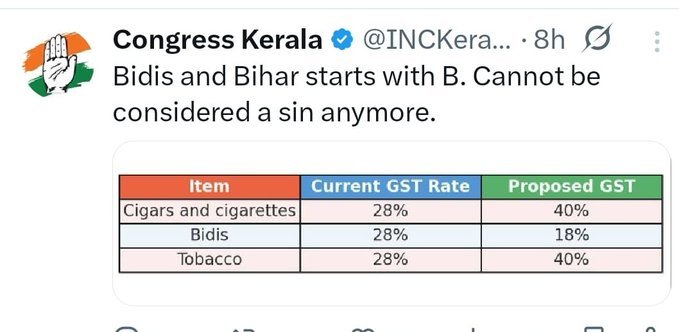Shiv Sena(UBT) praises Maharashtra’s Chief Minister Devendra Fadnavis for his skillful handling of the recent Maratha reservation protest. The five-day protest was led by activist Manoj Jarange-Patil, demanding better reservation benefits for the Maratha community under the OBC quota. Thanks to Fadnavis’s efforts and tough negotiations, an agreement was finally reached, ending the hunger strike and bringing relief to thousands of supporters.
This praise from Shiv Sena(UBT)—a party that has often been critical of the CM—has created a buzz in Maharashtra’s political scene. The party’s mouthpiece, Saamana, highlighted that both Fadnavis and Jarange-Patil deserve credit. “The CM found a solution and ended the agitation peacefully,” they said. “Jarange-Patil risked his life and fought hard for the Maratha reservation. Both played crucial roles.”
The editorial noted that when Jarange-Patil staged a hunger strike in Mumbai, he was successful in raising the issue. Meanwhile, Fadnavis handled the situation calmly, even when he faced criticism. He made sure to meet many of the protesters’ demands, which allowed them to return home peacefully. The party added that the CM’s quick decision helped avoid legal complications and chaos.
Interestingly, Shiv Sena(UBT) also emphasized that despite the praise, leaders like Deputy CMs Eknath Shinde and Ajit Pawar should not be underestimated. They pointed out that earlier, figures like Jarange-Patil had used harsh words against Fadnavis, yet now the same leader is being praised—a move that some find confusing.
The Maratha reservation demand is about securing better educational and government jobs for the community, classified as Socially and Educationally Backward Classes (SEBC). The movement has a long history, beginning in the 1980s with marches and protests led by leaders like Annasaheb Patil. Over the years, support came from prominent politicians like Sharad Pawar and Vilasrao Deshmukh.
Most Maratha families depend on farming, and economic struggles, including high farmer suicides—94% of Maratha farmers are affected—highlight the urgent need for reservation. Supporters say that the Maratha community faces under-representation in education and government jobs, especially in regions like Marathwada and Vidarbha, where development has lagged, leaving youth with limited options beyond government employment.
This development marks a significant moment in Maharashtra politics, showing how leadership and negotiation can resolve tense protests and push forward long-standing demands of the Maratha community.



